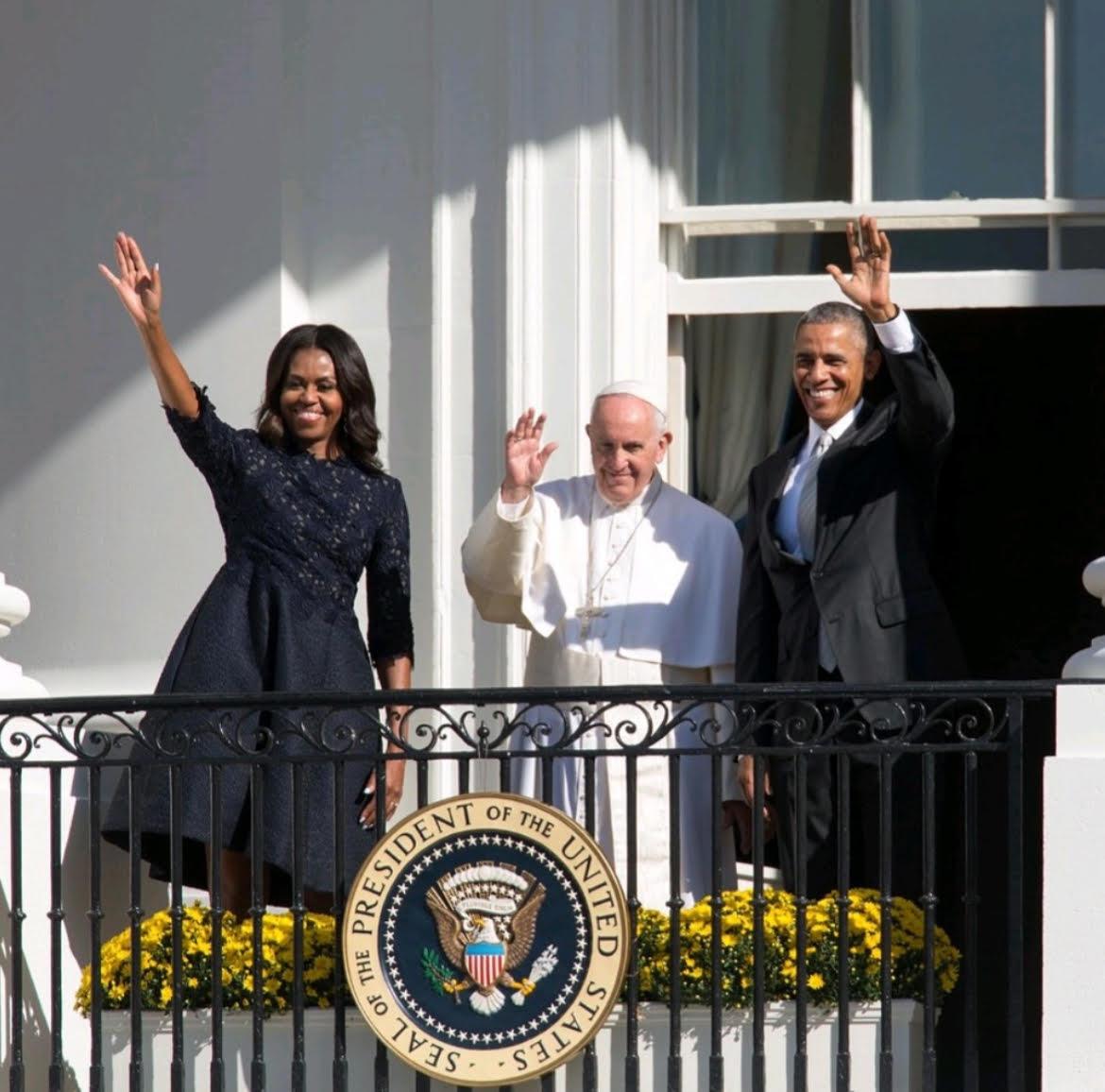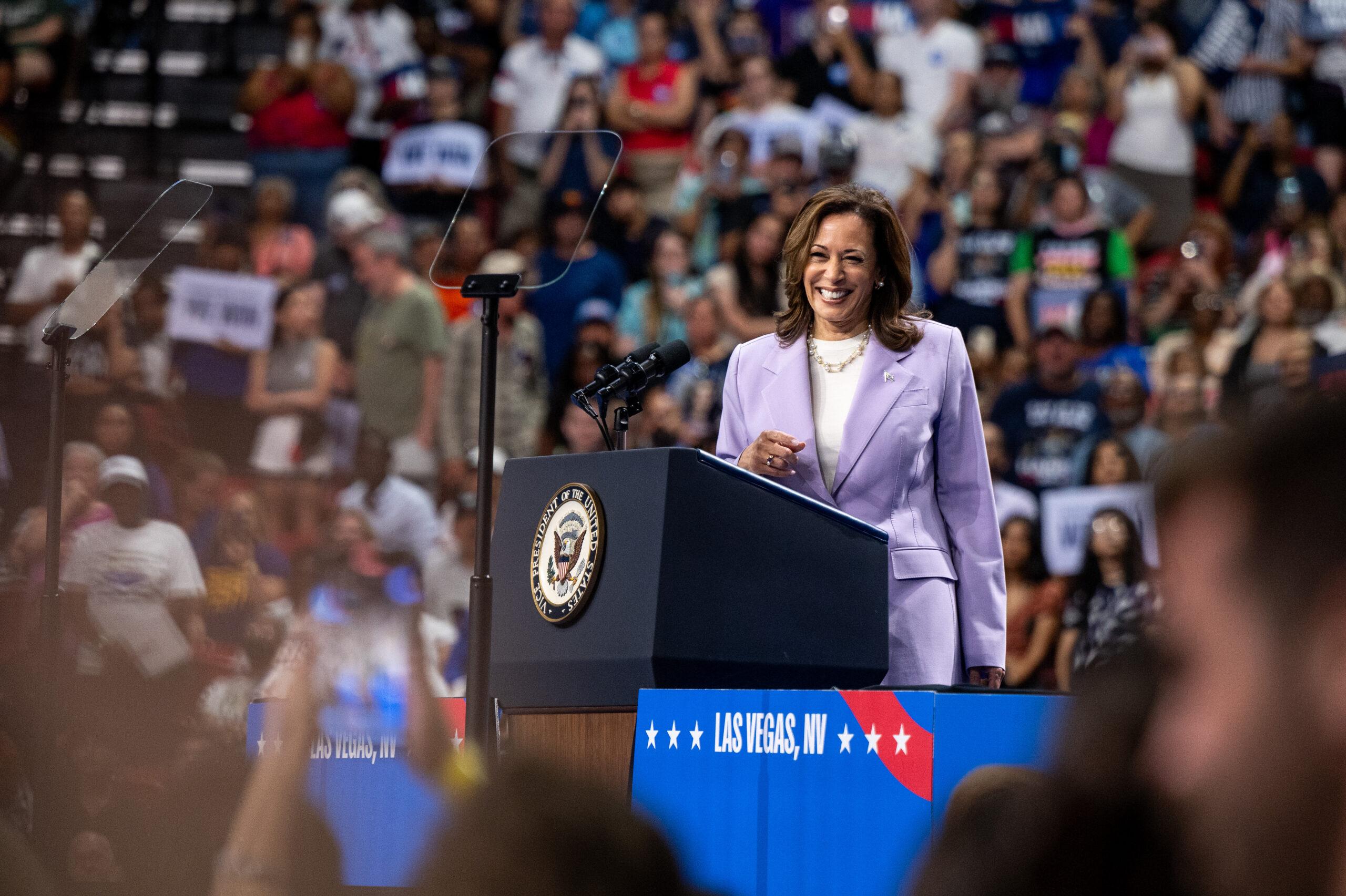Amid his historic 35 percent approval rating and an ongoing investigation into his alleged conspiracy with Russia to interfere in the 2016 U.S. presidential election, President Donald Trump ordered a missile strike on Friday, April 7 in Syria without seeking Congressional approval, following news reports about Syria dictator Bashar Al-Assad slaughtering innocent civilians using chemical weapons on Tuesday.
According to news reports, at least 73 people were killed, 23 of whom were children, in the sarin gas attack in the rebel-held Idlib province.
This “decisive” act from Trump must have been “cathartic” for a lot of people all over the world who found the horrific murder in Syria unacceptable, and felt that something would have to be done to help the people of Syria who has been suffering in the past seven years. To date, close to half a million people have been killed in the civil war waging in Syria, with many civilians forced to flee their country and seek refuge in other countries, even when this escape could mean their deaths.
While CBS News polls show that a majority of Americans support Trump’s decision to launch the measured attack using 59 Tomahawk missiles in Syria, they are reluctant to get more involved in this “war” with the Middle Eastern nation.
More questions arise from Trump’s action. What made Trump change his long-held position in the Syria conflict after aggressively firing tweets for then President Barack Obama to not get involved in the Syria conflict?
Looking back, what were his thoughts about Obama’s possible motive in getting involved in Syria? Flashback to October 2012:
“Now that Obama’s poll numbers are in tailspin – watch for him to launch a strike in Libya or Iran. He is desperate.”
In 2013, Obama wanted to launch air strikes against Syria in 2013 when Assad “crossed the red line” following a chemical attack on the Damascus suburbs that killed up to 1,300 people.
However, Obama backed down, mainly because he could not get the British Parliament’s support, which deprived America of a key ally in any military action.
When Obama asked for congressional approval pursuant to the rule of law (and Congress voted against it), Trump tweeted:
“AGAIN, TO OUR VERY FOOLISH LEADER, DO NOT ATTACK SYRIA – IF YOU DO MANY VERY BAD THINGS WILL HAPPEN & FROM THAT FIGHT THE U.S. GETS NOTHING!”
Obama then reportedly authorized the CIA to begin arming Syria’s rebels fighting Assad in 2013, and the U.S.-led coalition currently provides intelligence, supplies and training to rebel groups — a move that Republicans had criticized Obama for.
During the presidential campaign and even after being elected president, Trump continues to say that his policy is “America first.” In his first address to Congress, Trump said, “My job is not to represent the world…My job is to represent the United States of America.”
Just a week before Assad’s gassing civilians in Syria, Trump continued to maintain a hands-off position. He said the U.S. diplomatic policy on Syria was no longer focused on making Assad leave power.
However, the Tuesday slaughtering in Syria shocked the world anew. When the news showed gut-wrenching videos of people, including helpless babies, dying slowly and painfully because of the gas attack, public outrage all over the world made people ask what the most powerful nation would do to help the Syrian people.
U.S. Ambassador to the United Nations Nikki Haley condemned the UN Security Council for failing to intervene in the Syrian civil war.
“When the United Nations consistently fails in its duty to act collectively, there are times in the life of states that we are compelled to take our own action,” she said before the UN Assembly.
Following this, Trump said in a press conference at the White House: “A chemical attack that was so horrific in Syria, against women and small children, and even beautiful little babies, and their deaths, was an affront to humanity.”
“It had a big impact on me. It was a horrible, horrible thing. I’ve been watching it and it doesn’t get any worse than that,” he continued. “My attitude to Syria and Assad has changed very much. You are now talking about a whole different level. What happened yesterday is unacceptable to me.”
Trump said Assad had crossed not only the “red line,” but “many lines.” And on Friday, he ordered the attack.
What changed?
He had seen thousand being gassed by Assad in 2013. He wasn’t moved then? He wasn’t changed then? Yes, he was not yet president then, but he did not need any classified intelligence reports to see the horrific images that everyone in the world saw four years ago.
Trump had also seen the many babies being killed as many Syrian families tried to escape from the war zone in Syria, which prompted the nations of the world to be in agreement to accept Syrian refugees for humanitarian reasons.
And yet during the presidential campaign, Trump demonized the Syrian refugees, instilling fear among the American people against these people and saying the U.S. should end the Syrian refugee program to protect the American people from terrorists using the Syrian refugee program.
Trump ran on the campaign promise of banning Muslims, and even made it his priority to fulfill this by signing an executive order to ban Syrian refugees indefinitely.
But, what changed? And moving forward, how would this epiphany translate to Trump’s foreign policy? What will be his long-term strategy in Syria and in the Syrian refugee crisis?
The world is watching.
* * *
Gel Santos Relos is the anchor of TFC’s “Balitang America.” Views and opinions expressed by the author in this column are solely those of the author and not of Asian Journal and ABS-CBN-TFC. For comments, go to www.TheFil-AmPerspective.com, https://www.facebook.com/Gel.Santos.Relos





